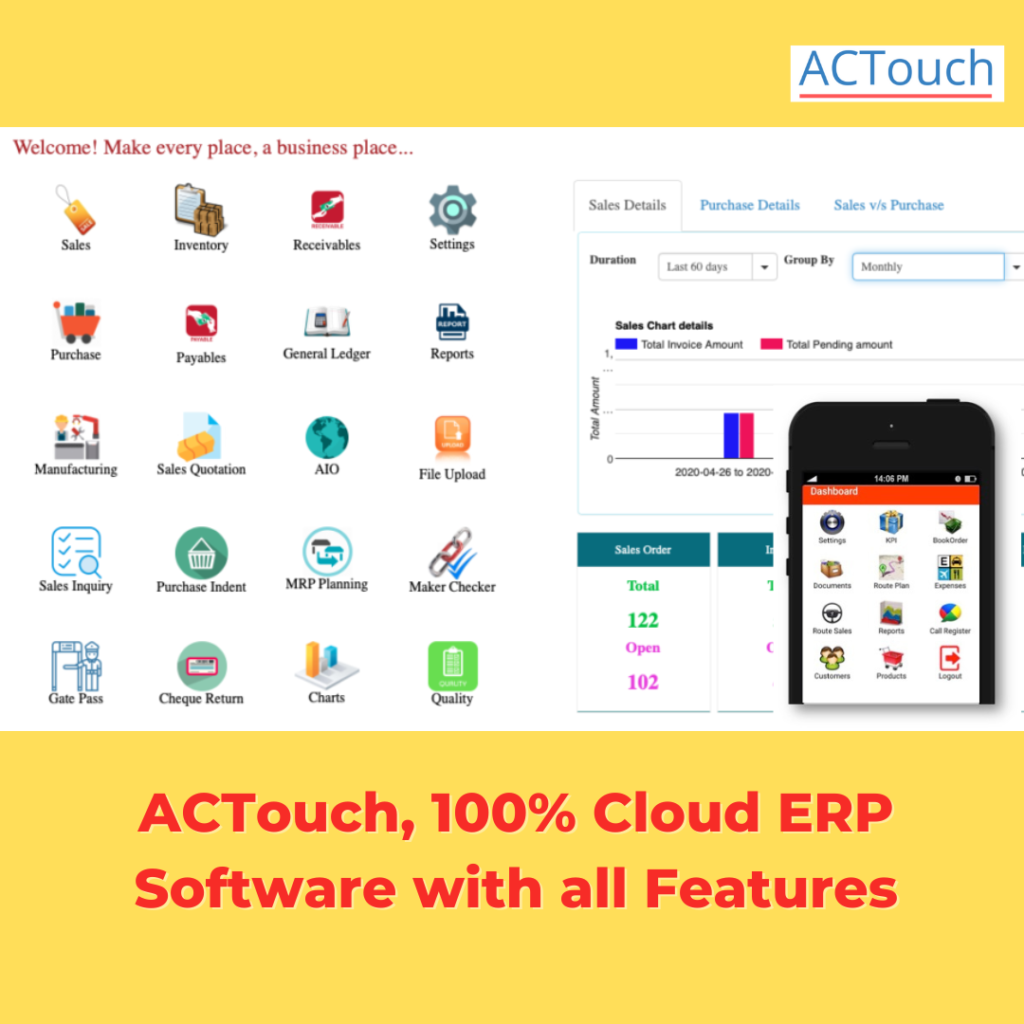100% great guide to understand “is Depreciation An Operating Expense”?
In the world of accounting and finance, depreciation is a term that often raises questions, especially when it comes to its classification as an operating expense. Let’s get into the details to understand what Depreciation Expense is and whether it qualifies as an operating expense or not?
Depreciation is the systematic allocation of the cost of tangible assets over their useful life. It represents the gradual reduction in the value of an asset due to wear and tear, obsolescence, or other factors. Many businesses use various depreciation methods to spread the cost of assets over time, which is crucial for accurate financial reporting and tax considerations.
Now, the question arises, is depreciation expense considered an operating expense? The short answer is no. Depreciation is not classified as an operating expense, but it does have a significant impact on a company’s operating activities.
Many financial statements like income statement or Balance sheets or Cash flow Statement could help to identify and work on the details. Regular capital expenditures done for the normal business operations has to be accounted for Depreciation as per accounting principles. These type of expense are considered as non-operating expenses as this can be added to the Capital investment of the project settings and take credit for it.
Product Development costs or Restructuring costs etc for a current accounting period can be booked as part of capital expense and convert these assets into capital assets. Business owners will take these details from income statement and move them into balance sheet to show them as Assets. It is a good way to convert an operating cost and Variable Cost into capital assets.

What is Depreciation Expense?
To understand why depreciation expense isn’t an operating expense, let’s first comprehend the concept of depreciation itself. Depreciation is a non-cash expense. Unlike typical operating expenses like wages, rent, or utilities, which directly impact a company’s cash flow, depreciation is an accounting entry used to allocate the cost of assets gradually.
When a business purchases an asset, such as machinery, equipment, or vehicles, it incurs a one-time cost. Rather than deducting the entire cost at once, which would distort the financial statements, the cost is spread over the asset’s useful life. This process helps match the expense of using the asset with the revenue it generates over time, adhering to the matching principle in accounting.
What is Operating Expense?
Operating Expenses, also known as OPEX, are the day-to-day costs incurred to keep a business operational. These expenses directly affect a company’s income and cash flow, and they are typically incurred regularly. Common examples of operating expenses include employee salaries, rent, utilities, office supplies, marketing expenses, and other costs essential to the core operations of the business.
While depreciation doesn’t fall into the category of operating expenses, it does have a significant influence on a company’s operating activities. By recording depreciation as a separate line item in financial statements, businesses can better analyze their operating performance, profitability, and budgeting.
|
FAQ on Depreciation
Is Depreciation An Operating Expense?
No, depreciation is not an operating expense. It is a non-cash expense used for accounting purposes to allocate the cost of assets over their useful life.
Is Depreciation an Operating Expense?
Yes, depreciation is an operating expense, but it is a non-cash expense. It represents the reduction in the value of assets over time. However a provision is made to keep the money to buy a new machines over the time.
What are Depreciation Expenses?
Depreciation expense refer to the periodic charges made to allocate the cost of assets. It helps in reflecting the actual wear and tear or loss in value of assets over time.
How does Depreciation Impact a Business?
Depreciation affects a business in various ways. It reduces the reported profit, lowers taxable income, and impacts the balance sheet by reducing the value of assets.
Can Depreciation be Claimed as a Tax Deduction?
Yes, depreciation is considered a deductible expense for tax purposes. Businesses can claim depreciation deductions, which reduce their taxable income, thereby lowering their tax liability.
What is the Benefit of Depreciation for Businesses?
Depreciation offers several benefits to businesses. It allows for a more accurate representation of the asset’s true cost and helps in determining the asset’s remaining value. Additionally, it assists in budgeting and decision-making for asset replacements or upgrades.
While Depreciation Expense is not classified as an operating expense, it plays a crucial role in a business’s financial reporting and performance analysis. Depreciation allows businesses to spread the cost of assets over their useful life, providing a more accurate picture of profitability and assisting in tax planning. Understanding depreciation and its impact is vital for businesses seeking financial stability and strategic decision-making.
So, next time someone asks, “Is depreciation an operating expense?” you can confidently explain its role in accounting and finance.

